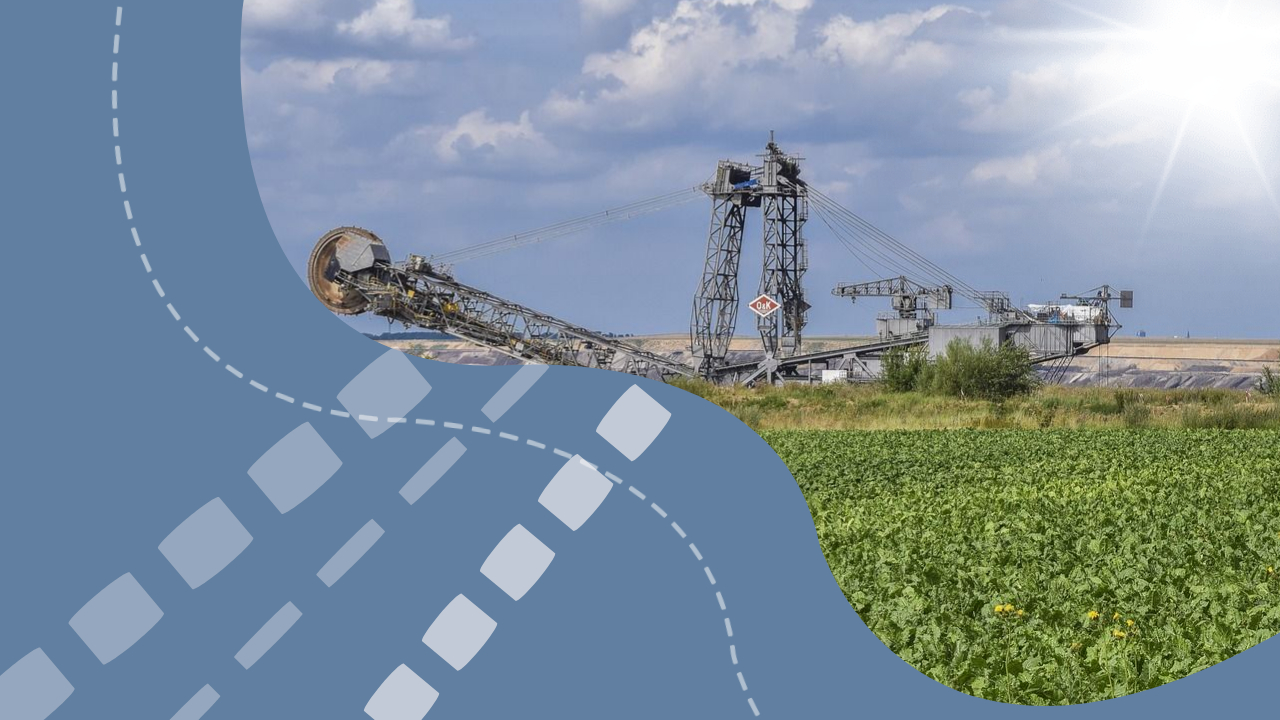Eramet, the esteemed European mining and metallurgical leader, in collaboration with SUEZ, a renowned exponent of circular solutions in water and waste management, have recently unveiled their decision to establish their future industrial complex for recycling lithium-ion electric vehicle batteries in the city of Dunkirk. This momentous project aims to create a closed-loop system for the recycling of strategic metals employed in batteries, thereby ensuring a sustainable supply of these essential metals for Europe’s transitioning energy landscape.
The project encompasses the development of an upstream dismantling plant and a downstream metal extraction facility. The final investment decision for the upstream plant is anticipated by the end of 2023, with a targeted commencement in 2025. Similarly, the downstream plant is projected to receive final investment approval by the end of 2024, with a planned start-up in 2027.
Eramet and SUEZ have meticulously chosen the Grand Port Maritime de Dunkerque as the ideal location for their joint venture, known as ReLieVe. This selection marks a significant milestone in the evolution of their pioneering battery recycling initiative, which was initially initiated by the two partners back in 2019.
To ensure the efficacy of the refining process on a pre-industrial scale, a pilot plant is currently poised to commence operations in Trappes, situated at Eramet’s research center. This facility will serve as a testing ground to continuously validate and optimize the refining procedures.
The ambitious project encompasses the construction of two distinct facilities. Firstly, an “upstream” blackmass dismantling and production plant is slated to commence operations in 2025, with a capacity to process 50,000 tons of battery modules annually, equivalent to approximately 200,000 electric vehicle batteries. Secondly, a “downstream” hydrometallurgy plant will be established to extract and refine the strategic metals present in the blackmass, such as nickel, cobalt, and lithium, enabling their reintroduction into the production of new batteries.
Within this collaborative endeavor, Eramet and SUEZ will synergistically combine their respective areas of expertise. SUEZ will leverage their proficiency in the collection, sorting, preparation, dismantling, and recycling of materials from used batteries, while Eramet will contribute their pioneering hydrometallurgical technology to recycle the strategic metals present in the blackmass. The progress achieved during the development process indicates that the project is poised to meet or surpass the requirements outlined in future European regulations. This includes a reduced use of natural resources and a diminished carbon footprint, aligning with the sustainability goals of the circular economy.
The strategic choice of Dunkirk as the project’s location is a result of its advantageous position within the emerging “battery valley” in the Hauts de France region. With several battery production plants, or gigafactories, slated to open in the region in the coming years, Dunkirk provides an ideal hub for the recycling plant.
To support the pre-industrialization studies, construction of the plants, and operating costs for the initial ten years of operation, Eramet has secured a grant totaling €80 million from the European Union and BPI.
Christel Bories, the Chair and CEO of Eramet, expressed her enthusiasm for the ReLieVe project, emphasizing their commitment to establishing a battery recycling sector in France. As a responsible player in the mining industry, Eramet aims to develop this invaluable resource and give it a second life, while significantly minimizing its environmental impact.
Sabrina Soussan, the Chairman and CEO of SUEZ, emphasized the growing significance of battery recycling in the circular economy, particularly with the rapid expansion of the electric vehicle market. As a leader in waste management, SUEZ is dedicated to providing innovative and resilient solutions that reduce the consumption of virgin raw materials and ensure a stable supply of secondary raw materials.
European regulations stipulate that by 2027, 90% of cobalt, copper, and nickel, and 50% of lithium must be recycled, with targets of 95% for cobalt, copper, and nickel, and 80% for lithium by 2031. Eramet and SUEZ are committed to meeting and exceeding these regulatory requirements, solidifying their dedication to sustainability and resource conservation.

